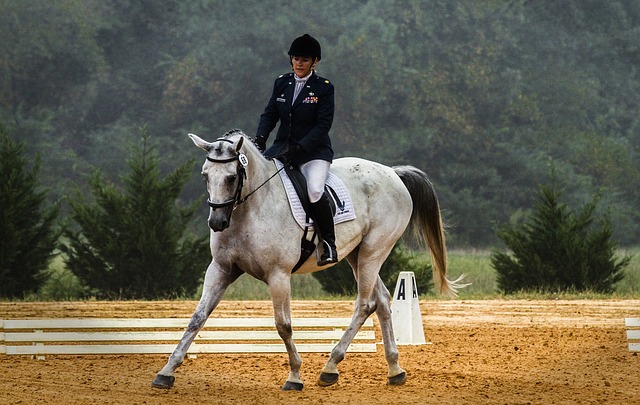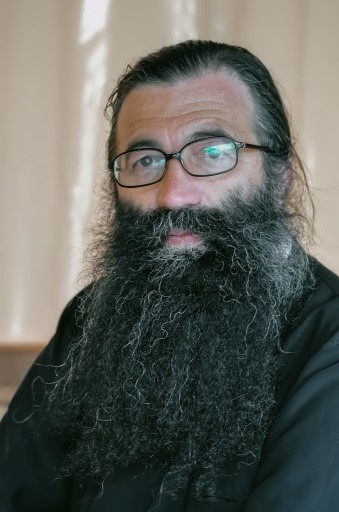 Last Sunday, Larry Short shared with us from James. One part he touched on was James’s description of the tongue:
Last Sunday, Larry Short shared with us from James. One part he touched on was James’s description of the tongue:
If we put bits into the mouths of horses so that they obey us, we guide their whole bodies as well. . . . So also the tongue is a small member, yet it boasts of great things. (3:3, 5, ESV)
Years spent working with horses have given me a special love for this passage, and I appreciated how Larry discussed how a bit guides a horse, using pressure to tell the animal where to go and when to stop. Yet this analogy goes much deeper than Larry had time to talk about in his sermon.
It’s easy to look at the metal rod we stick in a horse’s mouth and think of it as a form of punishment—a tool to annoy the horse when he misbehaves or doesn’t listen to our directions. With a rebellious horse, it can certainly be that. The more the horse fights its rider, the more pressure will be placed on its mouth from the bit as the rider pulls back. But with a well-trained horse, the bit becomes something so much better—a tool to communicate with its rider.
If you’ve ever watched horsemanship competitions on TV, whether while flipping through channels or during the Olympics, you may have come across something called dressage. You may have even seen forms of it at shows such as Medieval Times. To put it simply, dressage is like horse dancing. The goal is not to be the fastest horse and mount or to navigate obstacles; rather, the rider must show how smoothly her horse can follow her subtle cues, resulting in breathtakingly beautiful movements that often look as though the animal is floating through the arena. The rider uses the bit in communicating, but only with small gestures—the horse has learned to pick up on just the slightest touch.
Let’s go back to James. In 3:2, he says, “And if anyone does not stumble in what he says, he is a perfect man, able also to bridle his whole body.” James is giving us a key to perfection—if we can control what we say, bridling ourselves, then we can be perfect! But there’s a problem: a horse can’t bridle itself, and neither can we. Even Paul said that he can’t keep himself from sinning, finding himself doing the very things he hates (Romans 7:15-20). Like the horse needs the rider, we need God to bridle us. With more “training,” we can use the bridle of His direction and laws to understand His commands and do what He says.
This all can seem kind of frustrating, can’t it? If we want to get anywhere near perfection, we need to be told what to do? We need to be subjected to another’s force? Our sinful selves hate feeling controlled, and the world tells us we should be free to do whatever we want.
But let’s take another look at the bit. If you watch a high-level dressage horse at work, its neck is elegantly arched, with the head making a straight line directly up from the ground. This isn’t just for looks, and it doesn’t mean the rider is pulling hard on the horse’s mouth. In the case of these well-trained animals, the horse is arcing its neck voluntarily, and there is very little tension between the mouth and the rider’s hand. This is a posture of obedience from an animal that knows it could yank itself free and bolt—this horse is allowing the rider to be in control. It is not a contest of wills, but rather a sort of dance in which the rider is leading. What’s more, when the horse is “on the bit,” as it’s called, it becomes easier for the horse to move, as the horse’s body is in better alignment and able to use its muscles more effectively. (Think of it like having good posture while lifting weights or running.) The horse’s humble obedience is doing good for its body.
Go to YouTube and search for videos of dressage horses. Watch the beautiful, amazing work they can do because they eagerly listen to and trust their riders.
When we humbly accept God’s leadership, He doesn’t need to use negative reinforcement. He can move us with the smallest touch, because we’re waiting to hear from Him. We’re in a position that is healthiest for us, because He knows exactly what we need. I pray that we would learn what this humble obedience means, to be willingly bridled by our God.
Views – 218

 Follow
Follow
